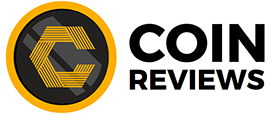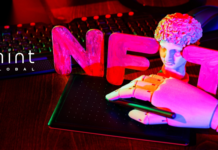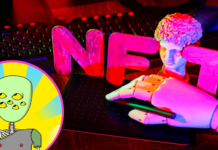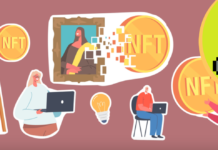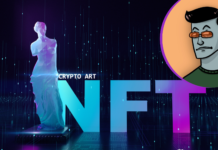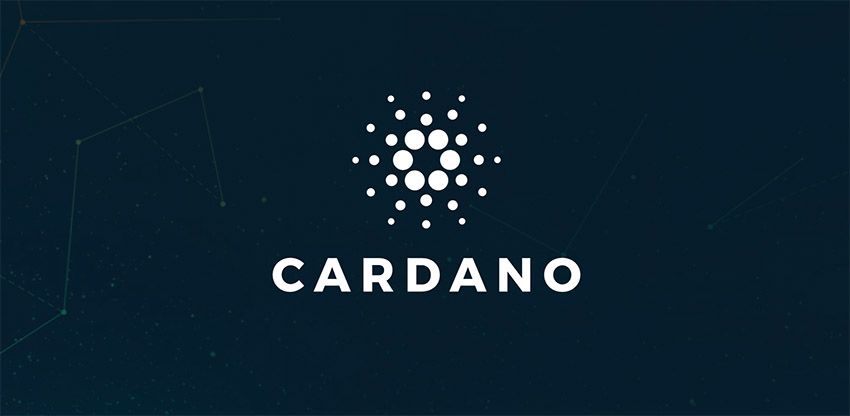
If you’ve been browsing CoinMarketCap recently, you may have noticed a relative newcomer occasionally sneaking its way into the top ten. That’s Cardano, and although it has only been live for a few months now, it already has a market cap of nearly $3 billion.
Cardano in a Nutshell
Cardano has been called an “Ethereum killer,” and it’s hard to deny the connections between the two blockchains. Like Ethereum, Cardano is a blockchain project that allows for the execution of smart contracts, and that also includes a cryptocurrency component (the token $ADA). And Charles Hoskinson, one of the project’s founders, previously served as the CEO of Ethereum.
But there are quite a few things that set the Cardano blockchain apart from Ethereum and other smart contract blockchains. First, it claims to be the first blockchain project that’s built on peer-reviewed academic research. In addition to the white paper, Cardano and the developers behind it (Input Output HK) have also published five peer-reviewed scientific papers on the blockchain’s underlying technology, all available for public perusal.
The reason for all the academic scrutiny is that Cardano aims to bridge the gap between regulators (who want platforms that aren’t a total black box) and users (who want security and privacy). It’s being built with a layered, modular system that will allow applications on its platform to customize for the levels of security and privacy or transparency they need. Users will be able to choose whether or not they want to enter these regulated subdomains of the network.
Is Cardano an Ethereum killer? Check out this super-quick video to see what's special about @cardanocom $ADA 🎓 pic.twitter.com/9hrp560n47
— Coin Reviews (@CoinReviewsIO) February 23, 2018
Another unique feature of Cardano: the company plans to offer a debit card. Users will be able to use their online wallet to load funds onto the card, and then use the card anywhere they would normally shop, with the ADA-to-fiat-currency exchange happening automatically.
In other words, Cardano is a next-generation smart contracts platform, with plans for features that existing platforms simply don’t offer. The International Business Times put it this way:
To put it plainly, if Bitcoin was a bike, and Ethereum was a Camry, Cardano would be a BMW.
Ouroboros
Another major component that sets it apart from Ethereum is Ouroboros, Cardano’s proof-of-stake mining algorithm. Ouroboros eliminates the need for the power-hungry proof-of-work cryptography that makes the Ethereum blockchain secure but also makes it consume as much electricity as a small country. Unlike other proof-of-stake systems, Ouroboros is based on peer-reviewed academic research – it’s as secure as a proof-of-work blockchain without the wasteful energy consumption.
Where Cardano is Now
Although Cardano is designed to support smart contracts and other features in the long run, the project is still in the early stages of development, and as such the only element of the system that’s fully online right now is the crypocurrency token. Traded as $ADA, it was initially offered as an ICO, but it’s now available on Bittrex and Binance, and can be stored in the Daedalus wallet.
Most of the roughly 31 billion $ADA tokens have already been released and are currently available for trading. An additional 14 billion will be produced later, as part of a “minting” process. This minted Cardano and transaction fees will ultimately be used to compensate stakeholders for operating network nodes as part of its Ouroboros proof-of-stake system.
But if you’re not interested in paying transaction fees, there’s some good news: as per Cardano’s monetary policy, the cryptocurrency doesn’t currently have fees, so users can send and receive ADA for free. Ultimately, transacting ADA will have a nominal fee that will be collected by a central treasury, but implementation of that is still probably a long way off. It’s the final step on Cardano’s road map.
The Cardano Team
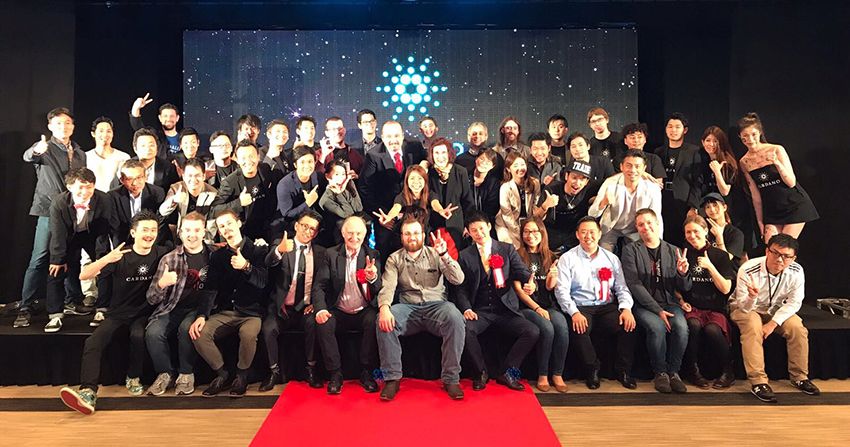
Cardano is currently backed by (3) different but related entities: the Cardano Foundation, Emurgo, and Input Outpuk HK. The Cardano Foundation is an organization tasked with promoting, developing, and improving Cardano in the long term. Emurgo is a startup incubator that’s aimed at getting new companies integrated on the Cardano blockchain.
The most important part of the team is Input Output HK; a private technology firm that’s contracted to develop the Cardano platform through 2020. IOHK founders Charles Hoskinson and Jeremy Wood were both early members of the Ethereum team, and in addition to Cardano, IOHK also manages the development of Ethereum Classic, the blockchain from which Ethereum hard-forked after the infamous DAO hacking incident.
With so much still left to cover on its roadmap, it’s impossible to say for sure whether Cardano will reach the heights to which it aspires. But with a highly-experienced development team that has an intimate familiarity with its chief competitor (Ethereum), it’s not hard to see why the cryptocurrency has stormed up into the top ten so quickly.

